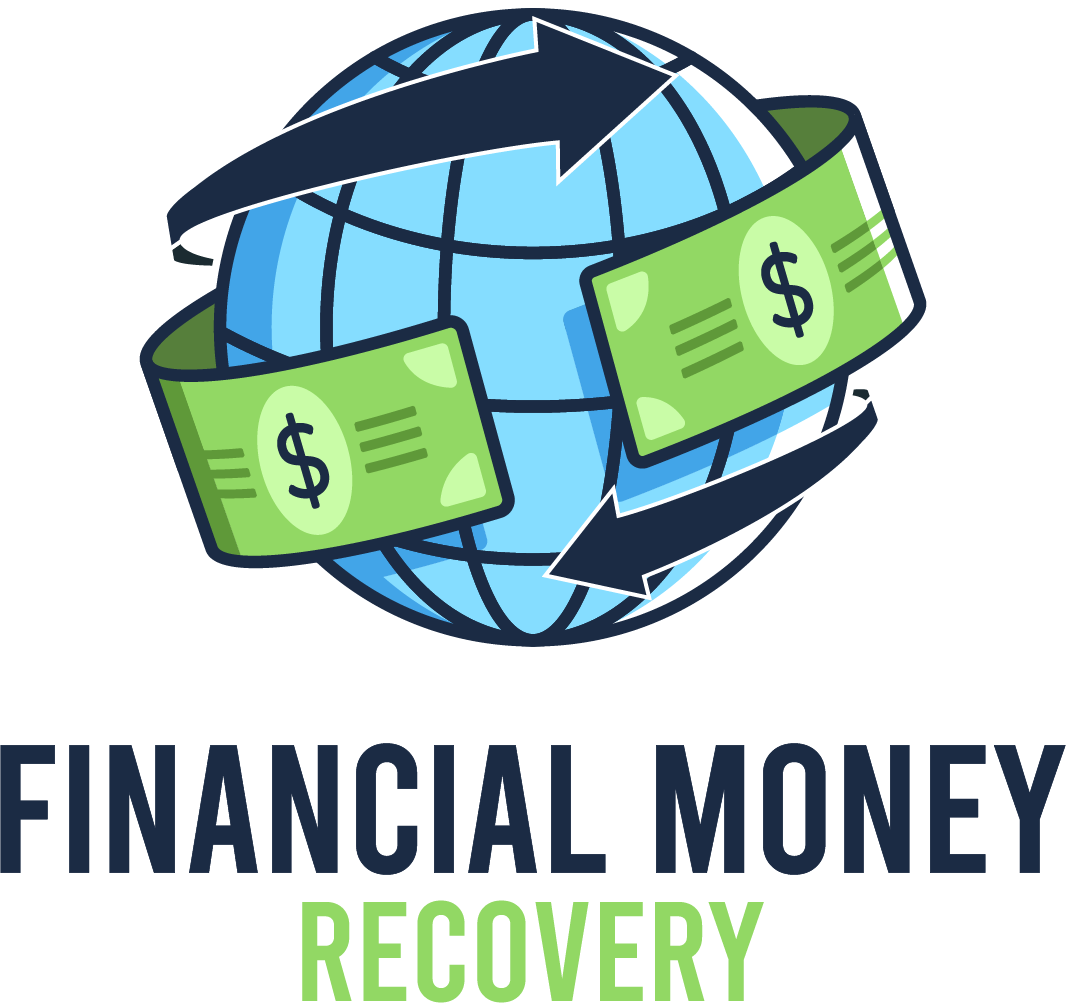



Corporate bonds are one of the most essential parts of a corporation. Corporate bonds are issued to raise capital as companies promise fixed returns. These bonds are considered a reliable investment option for many investors, including institutions seeking stable returns.
Corporate bond fraud is led by individuals or organizations that manipulate the corporate bond market and manipulate the company’s financial data to misuse investor funds or create fictitious bonds. These types of frauds have wide-ranging effects, eroding investor confidence, damaging reputations, and resulting in sizable financial losses.
In this article, we will try to understand the complexities of corporate bond fraud, the different methods con artists employ to take advantage of and dupe investors, and the effects it has on both investors and the industry. To mitigate the risk of this fraud and get ourselves protected, we have to go through the underlying mechanism and understand the red flags associated with it.
Understanding corporate bond fraud and how fraudsters trick people into using fraud schemes. Let’s first understand the details of the corporate bond and what its operation is.
A corporate bond is a financial product or a type of debt security that is sold to investors. The company gets the capital it needs, and on the other hand, the investors receive a predetermined amount of interest payments (fixed or variable interest rate). Once the bond matures or expires, the payments cease and the initial investment is refunded.
Corporate bonds do carry a lot of risk, as in most cases there are chances of the company failing to provide timely payment of interest. Such companies fall under “default risk.” If the company is not capable of paying the interest or the principal amount, it raises a red flag for the bondholders.
The workings of corporate bonds are quite different, yet they do have some similarities with the workings of stocks. Speaking about stocks, the investors purchase the shares of a particular company, and they hold some percentage of the equity of that company. On the basis of market behavior, the investor either earns some profit or faces a loss.
But in corporate bonds, when an investor purchases the bond, the bondholders don’t get any equity in the company, but in turn, they get a fixed interest rate on a timely basis for a particular period. Whether the company is performing well and gaining a good profit or is on the verge of bankruptcy, it has to provide timely interest or principal to the bondholders. In a situation where the company is not performing, the bondholders have priority over the shareholders.
As mentioned above, if the corporate bonds are offered for sale publicly, they must be registered with the SEC (Securities and Exchange Commission). The SEC’s regulations help to protect investors and companies, yet fraudsters find ways to dupe people. There are multiple ways through which you can fall into bond fraud, like through unregistered bonds, bearer bonds, municipal bonds, and corporate bonds.
In corporate bond frauds, companies or individuals become dishonest and practice illegal activities, which lead to a corporate bond fraud. One of the most well-known instances of corporate fraud is the Enron Scandal from 2001.
Corporate bonds are of various types, and you can find these bonds in various fields, but most of them are linked to the five categories, which are banks and finance companies, transportation, industrials, international issues, and public utilities. These categories consist of various corporate bonds.
Collateral Trust bonds are used by companies that own securities of other companies but don’t have fixed assets or real property. Upon issuing the bonds, they pledge multiple assets they own in other companies, like bonds and stocks. They are quite similar to mortgage bonds, but the bonds are not backed by properties.
Debenture Bonds don’t offer higher interest rates as they are issued by corporations with strong credit ratings. These bonds can be considered to be of lower quality if the corporation has already issued mortgage bonds or collateral bonds. Debenture bonds are unsecured bonds.
Guaranteed Bonds are provided by a third party or another corporation, as other corporations step in and guarantee to provide if the need arises. This seems to give protection from default risk, but there are cases where the guaranteed corporations are unable to fulfill their guarantee contracts.
Corporate Bond Fraud can be practiced in various ways, including manipulating the company’s data. The company or an individual affiliated with the company practices such illicit activity to hide the poor performance of the company or gain more profit from the investors. Of all the frauds, the most famous are as follows.
Bearer bonds are products of unregistered bonds that are bought and sold. As mentioned, these bonds are unregistered and have no records, because of which they are illegal for general sale in the United States of America. Yet when people buy bearer bonds, the only proof of the bond is the physical paperwork.
There are many cases where the bonds are sold with zero value, and investors are not aware of that.
Mortgage Bonds are one of the most common frauds practiced by fraudsters over the years. Mortgage bonds are nothing but bonds made up of consumer mortgage debt, and after being rated AAA by the credit agencies, these bonds were sold at a higher price to the investors.
In the 2008 recession, mortgage bond fraud caused a massive downfall as it led to a recession and affected the market for years.
Concluding the article, I hope the article will help you in all aspects. Corporate bond frauds are serious crimes, and although the bonds have more risk than government bonds, people still go for the corporate bonds because of the higher interest rates. For further assistance to get back your funds you can contact Financial Options Recovery. Apart from that you have to do proper research on companies and invest wisely in such bonds.
The reason behind the Corporate frauds might be hiding net losses, declining sales, and slow revenue from bondholders or the public.
Corporate bonds might be risky, as they may associate risk with interest rate, credit, and market risks.
The most recent corporate fraud cases are payment transfer fraud, processing company fraud in Germany, and payment transfer fraud cases.
Even if you are a victim of corporate bond fraud,Financial Options Recovery can assist you in getting your funds recovered.